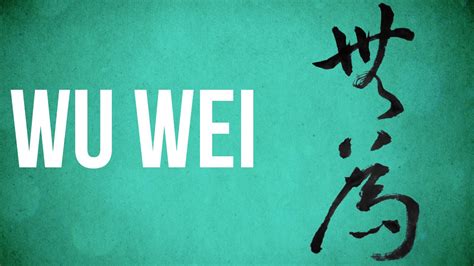A Quote by Edward Gibbon
The subject, however various and important, has already been so frequently, so ably, and so successfully discussed, that it is now grown familiar to the reader, and difficult to the writer.
Related Quotes
Limited points of view let the writer dispense - and the reader gather - information from various corners of the story. It all becomes a kind of dance, with the writer guiding the reader through the various twists and turns. The challenge is keeping readers in step, while still managing to surprise.
The most difficult part of writing a book is not devising a plot which will captivate the reader. It's not developing characters the reader will have strong feelings for or against. It is not finding a setting which will take the reader to a place he or she as never been. It is not the research, whether in fiction or non-fiction. The most difficult task facing a writer is to find the voice in which to tell the story.
Good writing, and this is especially important in a subject such as economics, must also involve the reader in the matter at hand. It is not enough to explain. The images that are in the mind of the writer must be made to reappear in the mind of the reader, and it is the absence of this ability that causes much economic writing to be condemned, quite properly, as abstract.
You write differently in each book. It may appear to be similar to readers, but you're a different writer in each book because you haven't approached that subject before. And every subject brings out a different prose strain in you. Fundamentally, yes, you're contained as one writer. But you have various voices. Like a good actor.
I feel that, in a sense, the writer knows nothing any longer. He has no moral stance. He offers the reader the contents of his own head, a set of options and imaginative alternatives. His role is that of a scientist, whether on safari or in his laboratory, faced with an unknown terrain or subject. All he can do is to devise various hypotheses and test them against the facts.
We must be forewarned that only rarely does a text easily lend itself to the reader's curiosity... the reading of a text is a transaction between the reader and the text, which mediates the encounter between the reader and writer. It is a composition between the reader and the writer in which the reader "rewrites" the text making a determined effort not to betray the author's spirit.
Now I began to understand art as a kind of black box the reader enters. He enters in one state of mind and exits in another. The writer gets no points just because what's inside the box bears some linear resemblance to "real life" -- he can put whatever he wants in there. What's important is that something undeniable and nontrivial happens to the reader between entry and exit.
It is easier for the reader to judge, by a thousand times, than for the writer to invent. The writer must summon his Idea out of nowhere, and his characters out of nothing, and catch words as they fly, and nail them to the page. The reader has something to go by and somewhere to start from, given to him freely and with great generosity by the writer. And still the reader feels free to find fault.







































